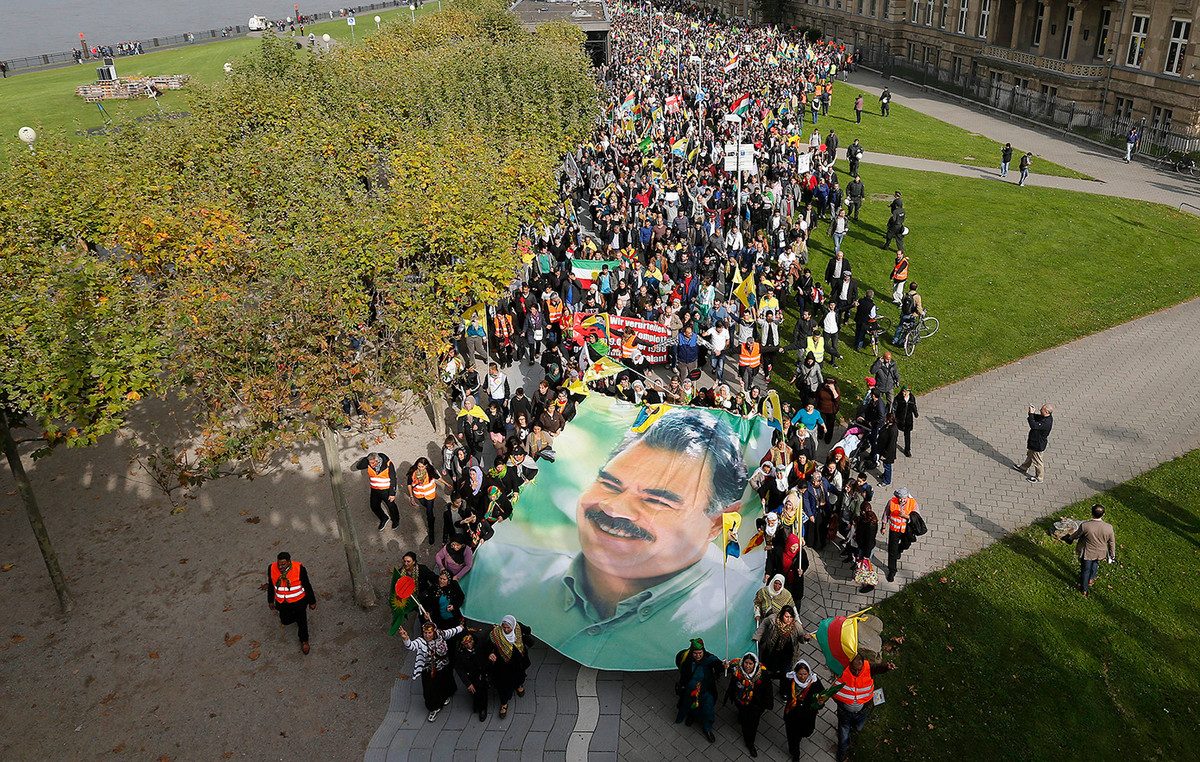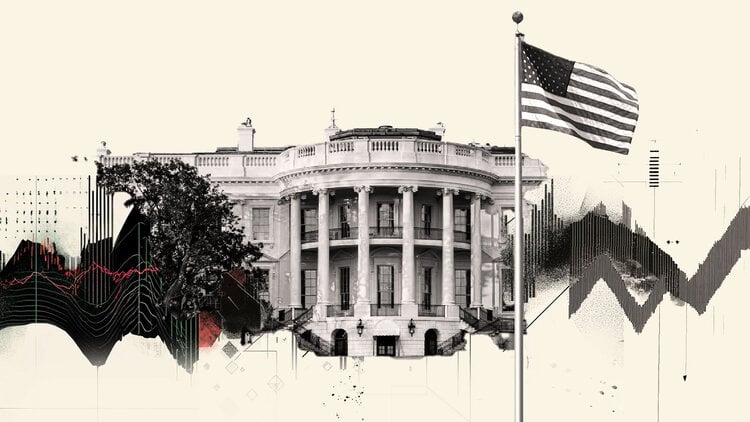The perspectives of the National Electric System Operator (ONS) are positive for the country’s energy sector. According to the operator’s general director, Luiz Carlos Ciocchi, activating the thermal plants already contracted to go into action between May 2022 and December 2025 will not be enough for new extra charges and, thus, to impact the consumer’s pocket.
Despite stating that the final pass-through tariff is the responsibility of the National Electric Energy Agency (Aneel), Ciocchi mentioned the good water levels in the country’s reservoirs and the low activation of the contracted thermal plants.
“The perspective is that thermal plants will not affect people’s pockets, given the low volume they will be activated. How this cost will arrive and how it will be managed is Aneel’s responsibility, but from our point of view, from the operation’s point of view, this cost will be assimilated. Our expectation is that there will be no negative impact on the consumer’s pocket”, explained the director, also highlighting the good forecasts in relation to the reservoirs of the National Interconnected System (SIN).
Record in 10 years
A few days before the start of the so-called dry period, which begins in April, the reservoirs of the National Interconnected System (SIN) will begin the season with the best water levels in the last 10 years. Currently, the average level of the SIN reservoirs is 71.7%. In 2012 it was at 74.8%. Like the average of all reservoirs in the country, those in the Southeast/Midwest subsystem also reached the highest levels of storage since 2012, with the current 65% capacity.
The numbers were presented at a press conference held this Monday (11) by the ONS. For Luiz Carlos Ciocchi, the numbers represent a guarantee of energy security for the coming months. According to him, the scenario for next year should be even better.
“From the infrastructure point of view, we will be better in 2023 than this year. If the perspective of good levels in the reservoirs, which is the current scenario, is maintained, everything suggests that 2023 will be an even better year in terms of storage. But it is important to point out that all this is subject to meteorological changes and we cannot rule out the effects of climate change”, pointed out Ciocchi.
The director highlighted that in addition to the Southeast/Midwest, North and Northeast subsystems, which were already at very positive levels since last month, the reservoirs in the South had a good recovery in the last week and are no longer a cause for concern. They currently have 51.68%, compared to 42.50% at the beginning of April.
experts differ
experts heard by CNN last week they stated that, even with the end of the water scarcity flag —the highest of all, with a cost of R$ 14.20 for every 100 kWh consumed—, the discount on the electricity bill will not be significant and the consumer will continue paying dearly for light.
They say that the thermal plants contracted until 2025 are more expensive and this bill will invariably be passed on to the population. Emergency contracts already total about R$ 11.7 billion, according to Diogo Malagueta, a professor of energy planning at UFRJ.
“Despite better levels and with the thermal plants being less activated at the moment, at the height of the crisis the government determined the purchase of emergency thermoelectric plants to generate a large amount of energy, by law. So, even though it rained a lot, this more expensive generation (of thermal plants) will enter. In other words, the tariff will continue to be higher than the reservoirs indicate,” he said.
Other specialists consulted also pointed to the increase in the cost of fuel prices as one of the factors that will contribute to the maintenance of the high costs of energy generation in the country.
Source: CNN Brasil
I am Sophia william, author of World Stock Market. I have a degree in journalism from the University of Missouri and I have worked as a reporter for several news websites. I have a passion for writing and informing people about the latest news and events happening in the world. I strive to be accurate and unbiased in my reporting, and I hope to provide readers with valuable information that they can use to make informed decisions.







